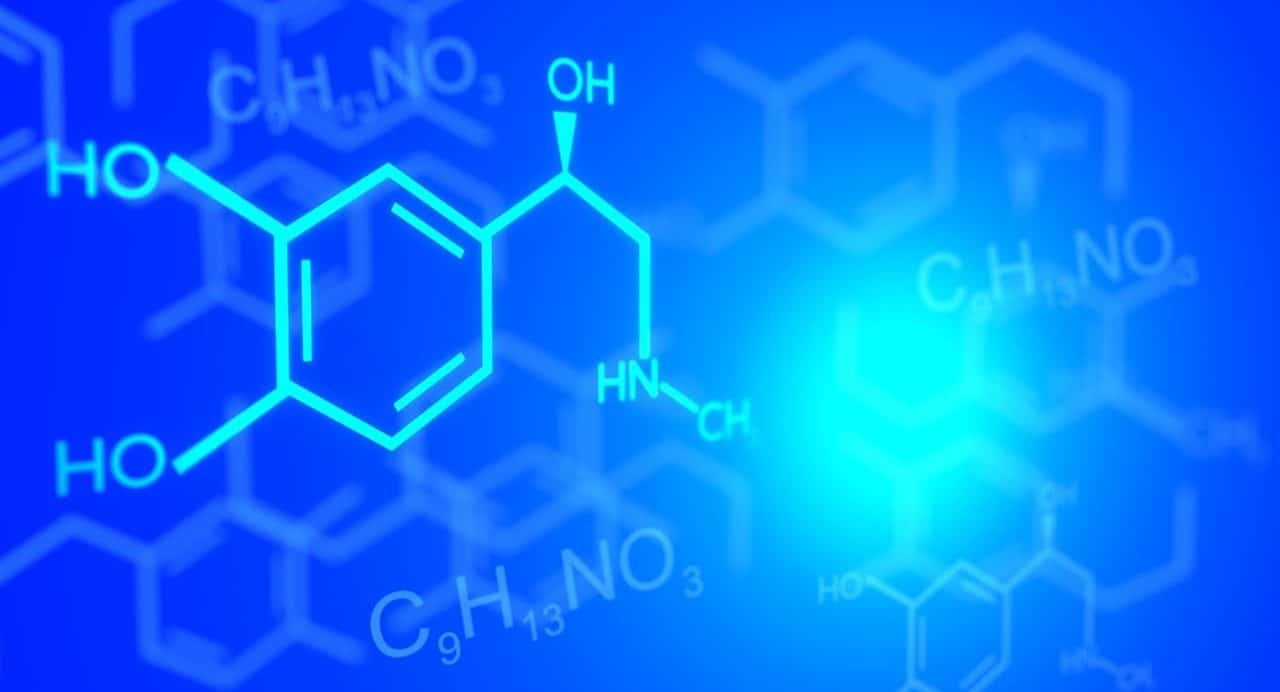
Adrenaline is a hormone secreted by the adrenal glands.
Adrenaline is a hormone secreted by the adrenal glands . The substance has the ability to constrict blood vessels, dilate the airways and increase heart rate.
Adrenaline is a concept that derives from adrenaline , a word from the English language. The etymological root, however, comes from Latin: ad (which can be translated as "next to" ) and renalis (which translates as "renal" ).
adrenaline secretion
The body secretes adrenaline when it feels threatened or in danger . This process constitutes a physiological response to various situations, which prepares the individual to flee from risk or to fight against whoever threatens him or her.
This hormone can be used to treat various health problems. If a person goes into cardiac arrest , they may be injected with adrenaline. Also in cases of septicemia and anaphylaxis . Adrenaline, however, can cause negative reactions, such as arrhythmia, hypertension and tremors.

Risky sports generate adrenaline.
panic attack
One of the health disorders in which this concept appears is the panic attack , a condition characterized by the entry into the bloodstream of excess adrenaline. The adrenal glands, which contain adrenaline, receive a message indicating the presence of an emergency situation. The way the body responds to fear when a panic attack occurs is often confused with the symptoms of other problems, such as heart attacks, and a misinterpretation can only make things worse.
During a panic attack, adrenaline causes the heart to pump a higher than normal amount of blood, and the major muscles receive it to increase our strength and give us the opportunity to run at high speed , to defend ourselves and flee. from the focus of danger . This increase in blood flow also takes place in the brain, to respond more efficiently to the external situation.
It is estimated that approximately three minutes elapse from the moment the brain sends the emergency signal until the muscles of the legs and arms receive this increase in adrenaline and blood . Some experts say that it is enough to follow four simple steps to stop panic attacks as soon as they begin, so that in a few minutes the body relaxes and the aforementioned levels are normalized: relax; reject negative thoughts; repeat phrases that calm us; Accept your own emotions .
Dogs and adrenaline
Outside the field of science, this term is part of various expressions and is used without much rigor. For example, there is the idea that dogs can smell adrenaline, and therefore are able to perceive our fear , something that especially worries those who do not feel an affinity for these animals.
However, certain scientists believe that dogs cannot smell adrenaline, or rather detect its increase in our body, but rather they detect our fear through the smell of perspiration on our skin, due to the action of hormones.
Other uses
In colloquial language, adrenaline is called the feeling that a person has when carrying out a risky activity: "I like to go rafting because I feel a great adrenaline" , "Giving a concert in front of a hundred thousand people gives me an immense adrenaline" , "I decided to return to motorsports since I missed the adrenaline of driving at a speed of more than three hundred kilometers per hour."
Finally, it should be noted that some music bands, albums, movies and television series have the term adrenaline as their name or title. "Adrenalina" , for example, is the Spanish title of a 1996 film that featured Christopher Lambert in the lead role.
